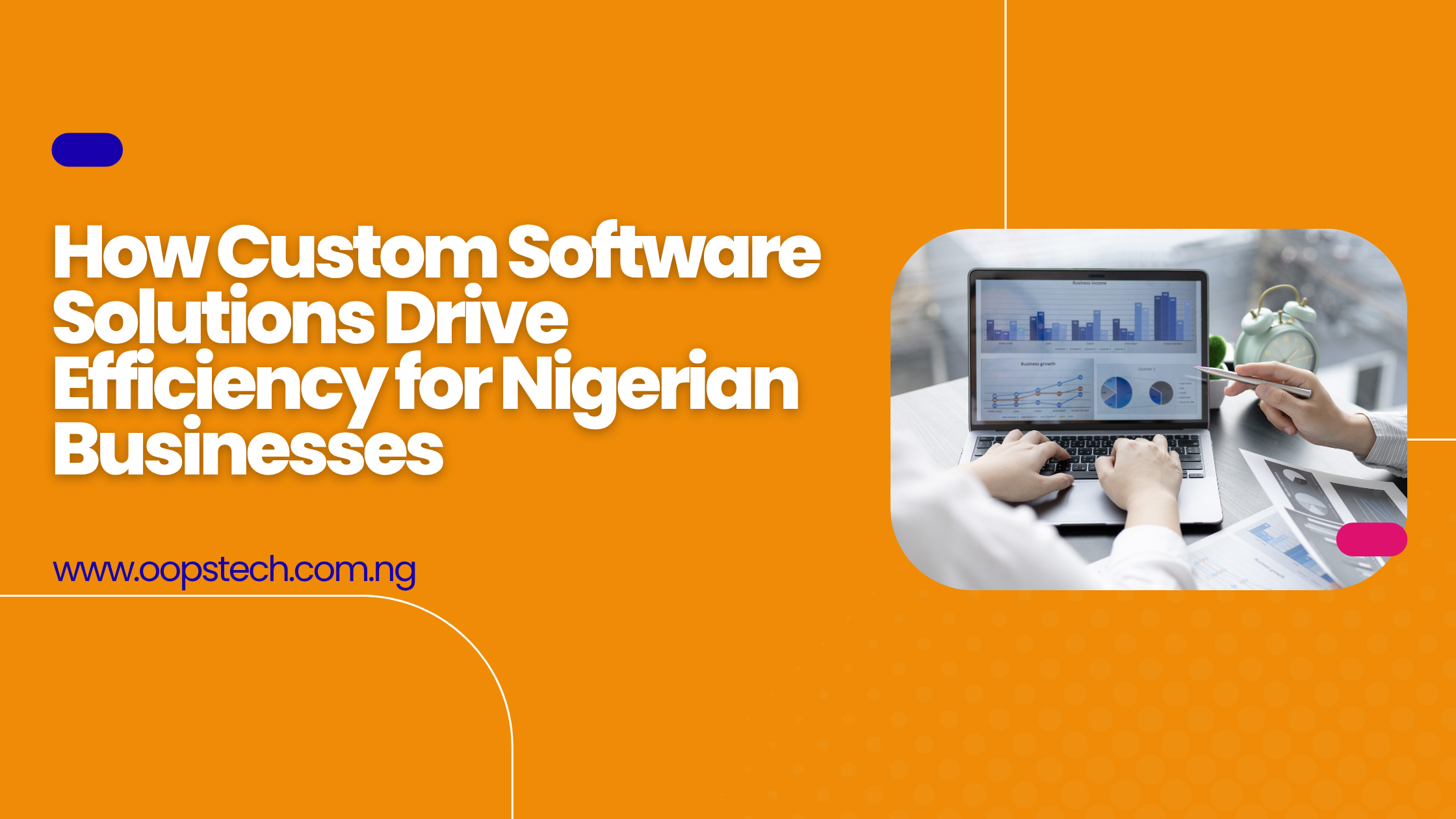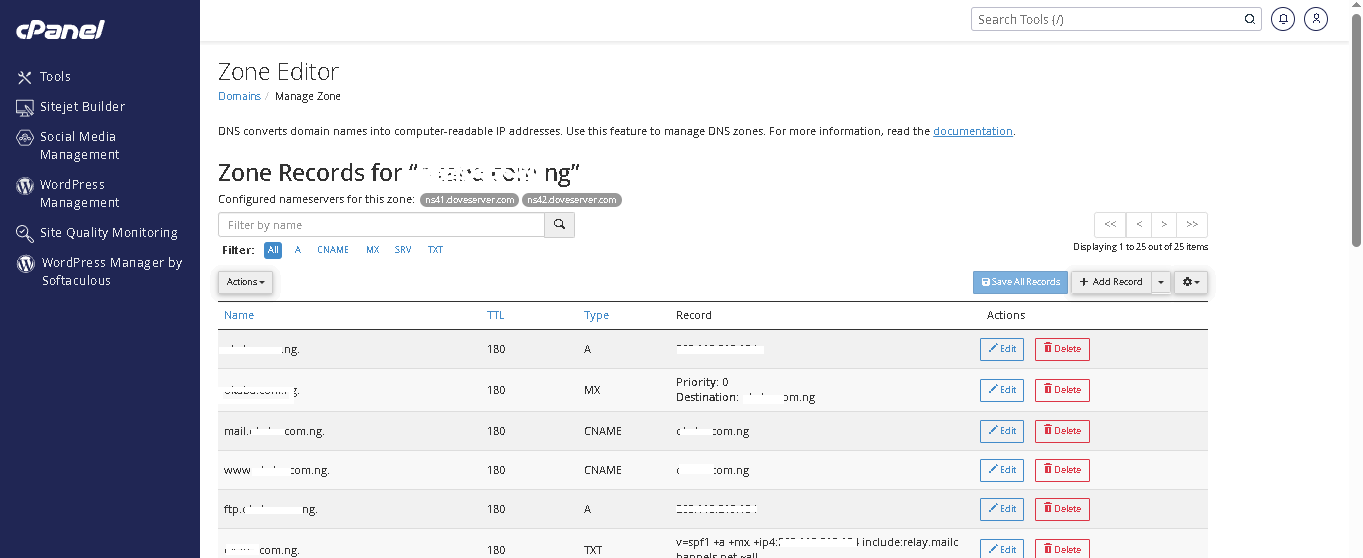Top Web Design Trends Nigerian Startups Should Watch in 2026
By Philips Omaojo Sanni
Nigeria's startup ecosystem is exploding, with over 3,000 active startups fueling innovation in fintech, e-commerce, and agritech. In this digital-first landscape, where mobile internet users exceed 100 million, a standout website isn't just a necessity—it's a branding powerhouse. As we head closer into 2026, web design trends are evolving to prioritize user engagement, personalization, and cultural relevance. Nigerian startups can leverage these trends to craft memorable brands that resonate locally and scale globally. Here are the top trends to watch.
1. Bold Minimalism: Less is More for Impactful Branding
Bold minimalism strips designs to essentials—clean layouts, ample white space, and striking typography—to create clarity and focus. This trend emphasizes high-impact visuals without clutter, making it ideal for startups aiming to communicate their value proposition swiftly.
For Nigerian startups, infusing minimalism with local flair, like subtle Adire patterns or earthy tones inspired by Nigerian landscapes, can forge authentic connections. A Lagos-based fashion e-commerce site could use this to highlight products against a serene backdrop, boosting conversion rates by 20-30% through intuitive navigation.
2. Dark Mode Integration: Eye-Friendly Elegance
Dark mode, with its high-contrast dark backgrounds and light text, reduces eye strain and saves battery on mobile devices—a boon in Nigeria's high-mobile-usage environment. It's no longer optional; users expect toggleable themes for personalized experiences.
Startups in sectors like fintech can adopt dark mode to convey sophistication and trust, aligning with Nigeria's night-owl digital culture. For instance, integrating it into a banking app's web interface could enhance user retention, as seen in global benchmarks where dark themes increase session times by up to 15%.
3. Immersive Interactive Experiences: Video and 3D for Storytelling
Immersive designs featuring full-screen videos, 3D models, and scroll-triggered animations draw users into dynamic narratives, transforming passive browsing into engaging journeys. This trend leverages AR/VR advancements for product previews and interactive storytelling.
Nigerian agritech startups could embed 360-degree farm tours via immersive video, showcasing sustainable practices to attract investors and eco-conscious consumers. This not only elevates branding but also differentiates in a competitive market, with interactive elements proven to lift engagement by 40%.
4. Mobile-First and Thumb-Friendly Design: Prioritizing Nigeria's On-the-Go Users
With over 107 million internet users in Nigeria primarily accessing via smartphones, mobile-first design ensures responsive, thumb-optimized interfaces that load quickly even on 3G networks. Trends include gesture-based navigation and adaptive layouts.
For startups, this means branding that feels native to mobile—think swipeable carousels featuring Nigerian motifs. A Port Harcourt delivery service could streamline its site for one-thumb use, reducing bounce rates and reinforcing a reliable, accessible brand image.
5. AI-Powered Personalization: Tailored Experiences for Diverse Audiences
AI-driven hyperpersonalization adapts sites in real-time, recommending content based on user behavior, location, or preferences, creating bespoke journeys. This includes dynamic layouts and localized content suggestions.
In Nigeria's multicultural market, startups can use AI to serve Hausa-language interfaces in the North or Yoruba-inspired visuals in the Southwest, fostering inclusivity. Fintech platforms like those in Lagos are already seeing 25% higher engagement through such tailored branding.
6. Bold Typography and Custom Illustrations: Voice and Visual Identity
Expressive fonts and bespoke illustrations inject personality, with variable fonts for flexibility and hand-drawn elements for warmth. This trend favors anti-design imperfections for authenticity.
Nigerian startups can draw from local art, like Nsibidi symbols in illustrations, to build culturally resonant brands. A creative agency in Abuja might use bold serifs for headlines, making its portfolio site a storytelling canvas that captures the vibrancy of Naija innovation.
Conclusion: Embrace Trends to Build a Lasting Brand
In 2025, these web design trends offer Nigerian startups tools to not just compete but captivate. By blending global innovations with local essence—mobile optimization for connectivity challenges, personalization for diversity—entrepreneurs can craft brands that drive loyalty and growth. Start experimenting today; your website could be the next big story in Nigeria's tech renaissance.
Follow for more on tech trends shaping African innovation!




